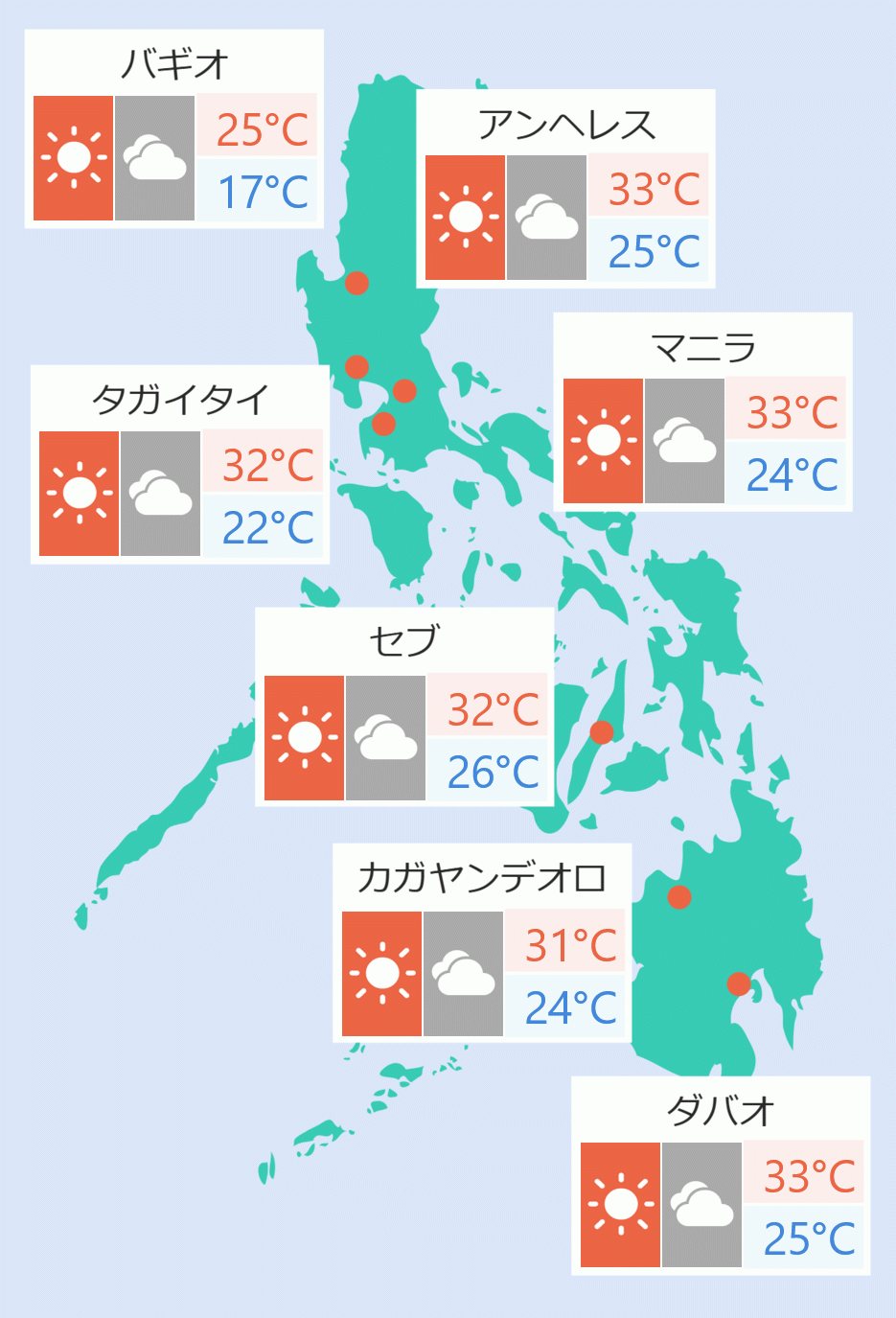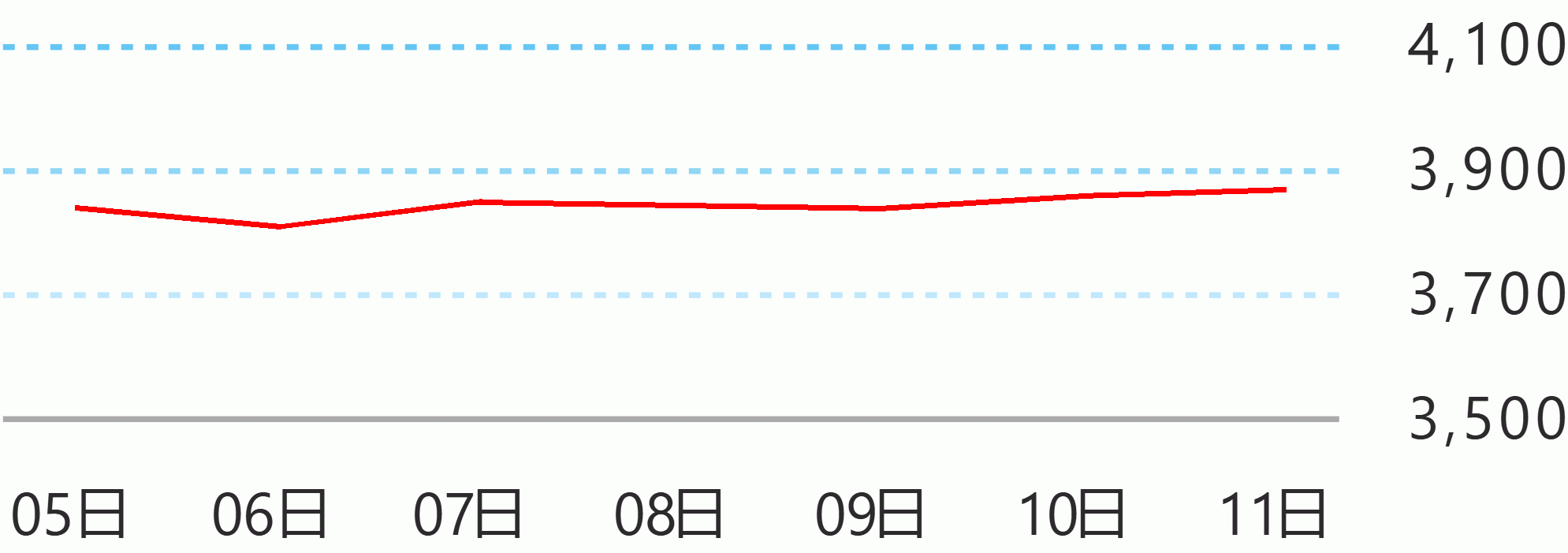Senator Grace Poe, chairperson of Commission on Public Service said Thursday lawmakers will formulate a “fair” law for taxi drivers to compete against Uber and Grab.
“We will formulate a law wherein there will be fair treatment”, Poe said in an ambush interview after the Senate hearing.
Poe said taxi operators will be allowed to appeal their flag-down rate which has not been changed for eight years
She said taxi can have their own app where riders can hire them through the amount shown in the contract like the application of Uber and Grab.
“There might be a competition there if you ordered them ahead of time just like Uber and Grab because we should not fight technology if it is good for the people. We need to support it”, Poe said.
This came as Bong Suntay, head of the Philippine National Taxi Operators, told the Senate hearing that Transport Network Vehicle Services (TNVS), like Uber and Grab are “operating exactly like taxi without regulations”.
“There are fleet operators of the TNVS. It’s a way of circumventing. It’s a factor towards taxi operation with minimal regulation with minimal fees to pay”, Suntay said.
Grab Philippines country head Brian Cu and head of public policy Yves Gonzales of Uber Philippines admitted they have operators with 60 vehicles.
Suntay said Uber and Grab are taking taxi drivers since their TNVS are operating similar to taxi.
“They took drivers away from us not passengers. There are still a lot of passengers out there but because some of the TNVS are operated like taxi, we lost a lot of drivers”, said.
Suntay said.
There are complaints from passengers about old taxis.
“We need to have an return of investment on our investment before we change the vehicle. Our ability to change the vehicle to new ones is limited by the taxi fare and taxi fare in the Philippines has been kept very low. We actually have the lowest taxi fare in all of Asia”, he said.
Suntay said there are taxi drivers who ask additional payment from passengers, especially if traffic is heavy in the location because it means less income for the drivers. Alanna Ambi/DMS





 English
English








